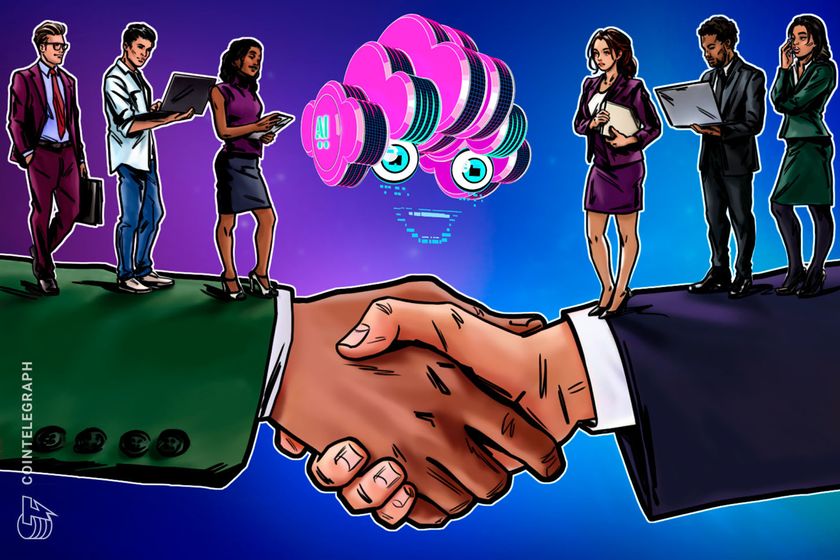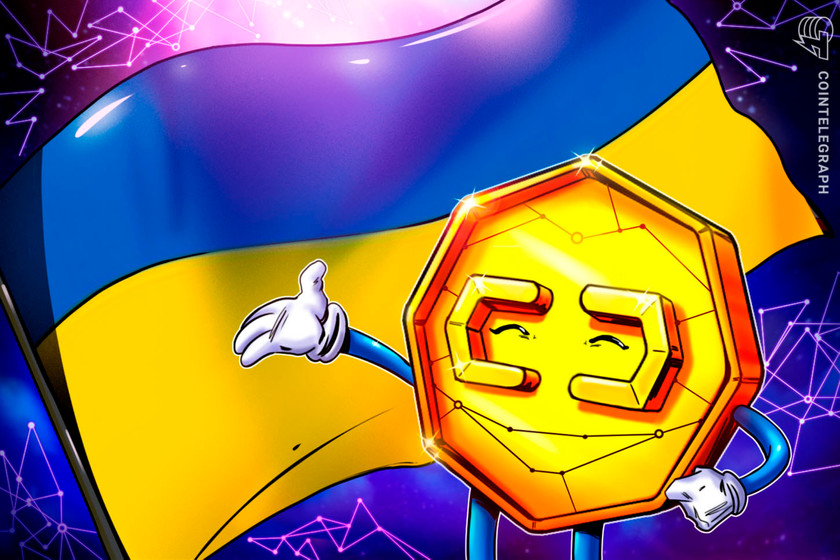Microsoft faces UK antitrust probe over OpenAI deal structure


The regulator’s examination will assess whether the collaboration constitutes an “acquisition of control,” implying the substantial influence of one party over another.
The United Kingdom’s antitrust regulator is considering initiating a merger investigation into Microsoft’s multibillion-dollar collaboration with OpenAI.
This announcement resulted in a response from Microsoft, declaring that it only plays a non-voting observer role on the board of the ChatGPT maker.
The investigation announcement follows the ChatGPT maker’s disclosure that the United States tech giant would hold a non-voting board seat. The examination will assess whether the collaboration constitutes an “acquisition of control,” implying the substantial influence of one party over another, as stated by the Competition and Markets Authority (CMA) on Friday, Dec. 8.



















